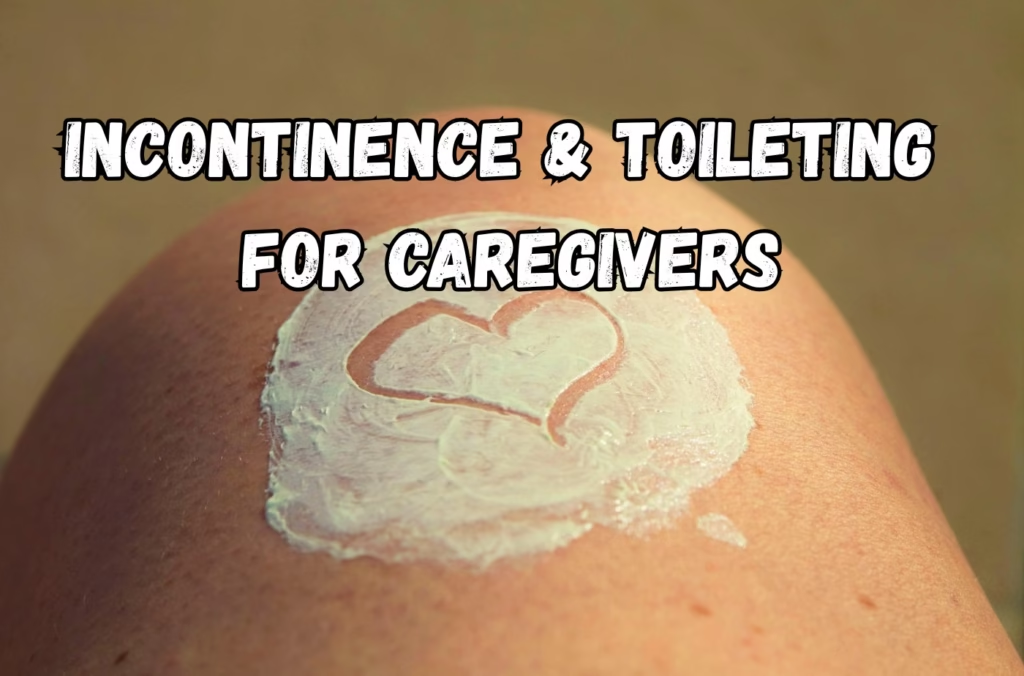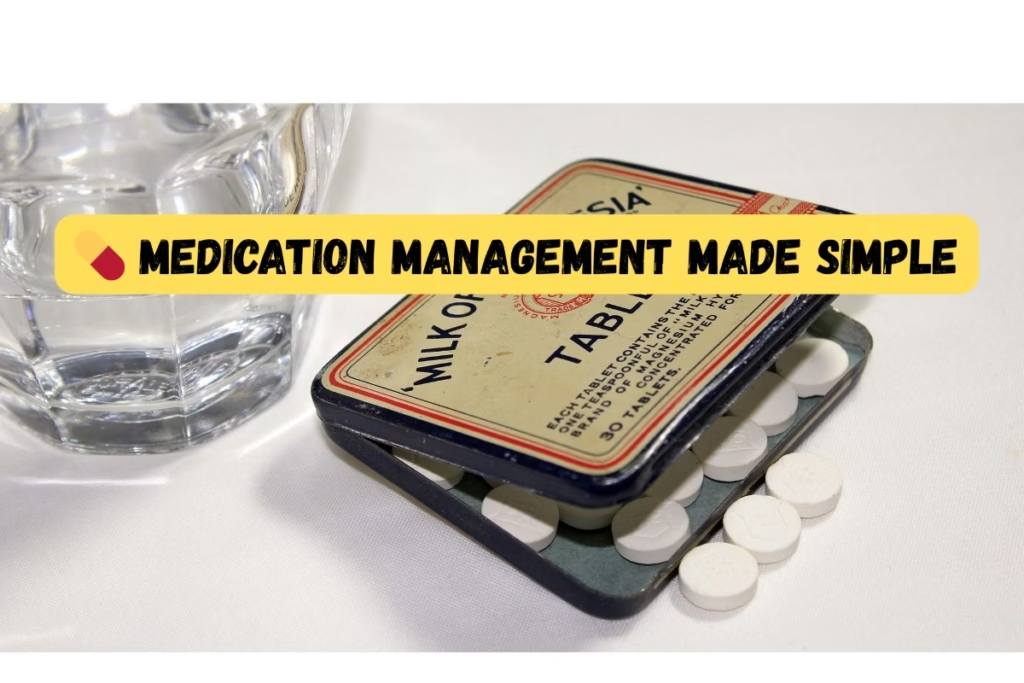Dental care in home caregiving is an essential aspect of maintaining the overall health and well-being of elders. A rigorous oral hygiene routine can greatly reduce the risk of dental diseases, which is of particular importance for those who rely on caregivers for their daily needs. Regular, proper dental care for seniors can protect them from discomfort and enhance their quality of life.
1. Establishing a Daily Oral Hygiene Routine for Elders
The Role of Caregivers in Daily Dental Care
When it comes to dental care in home caregiving, the role of caregivers is pivotal. These dedicated individuals ensure that proper oral hygiene is maintained, which is critical for preventing issues such as tooth decay and gum disease. For elders who may have difficulty managing their own dental care due to physical limitations or cognitive impairments, caregivers are often the first line of defense against oral health problems.
Caregivers can help by reminding seniors to brush and floss, assisting with the process if necessary, and scheduling regular dental checkups. This routine care is crucial in preventing pain and infections from oral diseases, which can affect overall health and quality of life.
Step-by-Step Guide to Effective Oral Hygiene for Seniors
- Prepare the right tools: Use a soft-bristled toothbrush to prevent irritation, and fluoridated toothpaste to protect against decay. Seniors may find electric toothbrushes easier to handle.
- Gentle brushing: Brush teeth gently for two minutes, ensuring to cover all surfaces. Pay special attention to the gum line, and use circular, massaging strokes.
- Flossing technique: Floss daily to remove plaque between teeth. For those with dexterity issues, floss picks or water flossers can be more manageable.
- Mouthwash use: An antibacterial mouthwash can help reduce bacteria and manage plaque. Choose an alcohol-free variant to avoid dry mouth, which is a common issue for seniors.
- Denture care: For elders with dentures, regular cleaning to remove food and bacteria is important. Soaking them in a cleansing solution and brushing them daily is recommended.
Tailoring Dental Care Practices to Individual Needs
Each senior’s oral health needs can differ, so it’s important to tailor dental care practices accordingly. Various factors such as medications, existing health conditions, and the individual’s ability to perform daily tasks must be considered.
For example, those with arthritis might benefit from adaptive devices like toothbrushes with larger handles. Seniors dealing with the effects of a stroke or dementia may require more hands-on assistance from caregivers. Regular assessments by a dental professional can also provide personalized recommendations to ensure each senior’s specific oral health needs are being effectively met.
Consistency is key for maintaining oral health in elder care. By following these guidelines and adjusting practices to accommodate the unique needs of each senior, caregivers can play a significant role in supporting their overall wellbeing through good oral hygiene habits.
2. Understanding the Challenges of Dental Care in Home Caregiving
Overcoming Obstacles in Oral Hygiene for Elders
Providing Dental Care in Home Caregiving presents unique challenges that require careful attention and adaptation. Many elders may experience diminished manual dexterity or cognitive impairments that make routine oral hygiene tasks difficult. For instance, arthritis can make holding a toothbrush challenging. To aid in this, caregivers can opt for ergonomic toothbrushes or electric toothbrushes, which are easier to grip and use.
Caregivers should also consider the potential for resistance to dental care from some elder individuals. It’s essential to approach oral care with patience and to establish a routine that is comfortable for the individual receiving care. Demonstrating techniques or brushing together can help make dental care a more approachable task.
Oral Health and Its Impact on General Health in the Elderly
The link between oral health and general health is particularly crucial in the elderly. Poor dental hygiene can lead to infections such as periodontitis, which has been associated with heart diseases and diabetes. For example, bacteria from the mouth can enter the bloodstream and affect the heart valves, especially in those with preexisting heart conditions. Regular dental care can help prevent these serious health issues.
Furthermore, maintaining good oral health can significantly improve quality of life. The ability to eat comfortably impacts nutrition and overall wellbeing. Elders with healthy teeth and gums are more likely to enjoy a varied diet and receive the necessary nutrients.
Identifying Signs of Dental Issues in Elders
Caregivers must be vigilant in recognizing the signs of dental problems. These can include bad breath, which might indicate gum disease or tooth decay, and changes in eating habits, which could suggest discomfort due to dental issues. Loose teeth or a change in the fit of dentures are also signs that require attention.
Visible signs such as redness, swelling, or bleeding in the gums are indicators that immediate dental care might be needed. Elders might not always communicate discomfort, so observing behaviors like refusal to eat or favoring one side of the mouth while chewing can also be telling. Caregivers should schedule regular dental check-ups to address these issues promptly.
Ultimately, integrating thoughtful dental care strategies into home caregiving can significantly impact the wellbeing of elders. Caregivers play a crucial role in ensuring oral health that supports both the physical and emotional aspects of aging individuals.
3. Dental Care Tools and Products for Caregivers
Choosing the Right Oral Care Products for Seniors
When it comes to dental care in home caregiving, selecting appropriate oral care products is a fundamental step. It’s essential to consider the unique needs of each individual, especially since many seniors may have sensitive gums or reduced salivary flow. A soft-bristled toothbrush can be gentler on the gums, while toothpaste designed for sensitive teeth can prevent discomfort during brushing.
Furthermore, seniors with dentures require specialized cleaning solutions to maintain their dental appliances. Antibacterial denture cleansers, along with dedicated denture toothbrushes, can help prevent infections and ensure the longevity of the dentures.
The Importance of Regular Toothbrush Replacement
Regularly replacing toothbrushes contributes significantly to oral health. A worn toothbrush is less effective at removing plaque, which can lead to tooth decay and gum disease. Caregivers should replace a senior’s toothbrush every three to four months or sooner if the bristles become frayed.
For electric toothbrush users, the replacement heads should be changed with the same frequency. Using indicators such as fading bristle color can serve as a helpful reminder when it’s time to replace the toothbrush head.
Adaptive Dental Care Aids for Enhanced Effectiveness
Adaptive dental care aids can make a world of difference in maintaining oral hygiene for those with dexterity issues or other disabilities. For example, a toothbrush with a larger handle can make it easier for seniors with arthritis to grasp and maneuver. Similarly, floss holders and interdental brushes can simplify the process of cleaning between teeth, an area often neglected when manual dexterity is compromised.
Ergonomic products such as electric toothbrushes or water flossers can also be of great benefit. These devices not only enhance cleaning efficacy but also motivate seniors to maintain their oral health routine, supporting overall wellbeing. By integrating specialized tools into daily routines, caregivers can ensure that the dental care needs of the elders they serve are met with precision and sensitivity.
4. Professional Dental Care and Coordination with Home Caregiving
The Necessity of Regular Dental Check-Ups
Ensuring that elders receive regular dental check-ups is a critical component of effective oral hygiene. These check-ups help in the early identification and treatment of conditions such as gum disease, tooth decay, and other dental issues that are prevalent in older adults. For instance, routine screenings for oral cancer can be life-saving, as early detection significantly increases the chances of successful treatment.
Regular visits allow dentists to monitor the status of an elder’s oral health and provide professional cleanings, which are essential in controlling plaque build-up and preventing infections. In the event that dental work is required, such as fillings, dentures, or crowns, these check-ups ensure timely care, consequently reducing discomfort and more complicated procedures down the line.
Collaboration Between Caregivers and Dental Professionals
Collaboration is key when it comes to providing comprehensive Dental Care in Home Caregiving. Dental professionals can educate caregivers on specific oral hygiene techniques tailored for elders, such as the use of special toothbrushes or flossing aids. They may also provide insights on how to assist those with cognitive impairments or limited dexterity in maintaining their oral health.
In addition, caregivers can offer valuable information to the dental team regarding any changes they notice in the elder’s oral health, general wellbeing, or behavior that may affect dental care. This two-way communication ensures that the care provided is responsive to the elder’s needs and preferences.
Developing Individualized Dental Care Plans for Elders
Each elder’s dental health needs are unique, which is why creating individualized dental care plans is essential. A person who has diabetes or osteoporosis, for example, may require special dental care considerations to prevent exacerbation of their condition. A dentist may recommend fluoride treatments or prescribe medications to treat dry mouth, a common side effect of many medications used by older adults.
A tactical plan might include modified dietary recommendations that lower the risk of tooth decay, scheduling more frequent professional cleanings, or establishing a brushing and flossing regimen that accommodates the elder’s physical abilities. The goal is to provide a tailored approach that ensures efficiency in preventive care, treatment, and maintenance of the elder’s oral health.
By taking these steps, caregivers and dental professionals can work together to maintain and improve the oral health of elder individuals, enhancing their overall quality of life. It’s a synergy that benefits not only the dental health status of the elder but also supports the caregivers in providing the best possible care.
5. Ensuring a Nutritious Diet that Supports Dental Health
Role of Nutrition in Oral Health for the Elderly
Nutrition plays a pivotal role in maintaining dental health, especially for the elderly. It influences the integrity of teeth and the surrounding oral structures, which can be more susceptible to decay and disease with age. Proper nutrition contributes to the strength of enamel, the health of gums, and the ability to resist oral infections. For elders receiving dental care in home caregiving, a balanced diet rich in vitamins and minerals is vital for sustaining oral health and overall well-being.
Recommended Foods for Healthy Teeth and Gums
Several foods are particularly beneficial for dental health. Calcium-rich foods such as dairy products, leafy greens, and almonds are important for strong teeth and bones. Foods high in phosphorus, like fish, eggs, and tofu, also contribute to enamel repair. Crunchy fruits and vegetables, including apples and carrots, can stimulate saliva production which protects against cavities by rinsing away food particles and neutralizing acids.
Vitamin C-rich foods are excellent for gum health; examples include oranges, kiwis, and bell peppers. Furthermore, water remains the best beverage for maintaining hydration and assisting in cleaning the mouth of food debris and bacteria. It is often recommended to replace sugared drinks with water to prevent tooth decay.
Adapting Meals for Elders with Dental Constraints
Elders with dental issues may face challenges when consuming certain foods. Soft diets, which are easier to chew and swallow, may be beneficial for those with reduced dental function. This might include foods like oatmeal, scrambled eggs, and well-cooked vegetables. It’s also important to serve these in a form that is palatable and visually appealing to encourage adequate nutrition.
Adaptations to textures can include blending, grinding, or mashing foods without compromising their nutritional value. For individuals with difficulty swallowing, known as dysphagia, thickening liquids can significantly reduce the risk of aspiration. Caregivers should always monitor the temperature of foods to prevent any mouth injuries, as the sensitivity may decline with age.
Ensuring that elders receive a nutritionally complete diet is a key component of dental care in home caregiving. It involves not only the selection of teeth-friendly foods but also the modification of meals to suit individual dental capacities while maintaining their dignity and enjoyment of food.
6. Educational Resources and Support for Caregivers
Finding Training for Enhancing Dental Care Skills
For those involved in Dental Care in Home Caregiving, access to proper training can significantly enhance the quality of care provided to elders. Many community colleges and vocational schools offer short-term courses tailored to caregiver needs. Additionally, organizations such as the American Red Cross provide comprehensive training that includes modules on oral hygiene for seniors.
Online resources are also valuable. Websites like the American Dental Association (ADA) offer tutorials and guides that cover the basics of dental care. Engaging with these resources can empower caregivers with the knowledge they need to maintain their elder’s oral health effectively.
Establishing a Support Network for Caregivers
Creating a support network can be instrumental in managing the demands of caregiving. Connecting with other caregivers through local support groups or online communities offers the opportunity for sharing tips, resources, and encouragement. Such groups can be found through local hospitals, social service agencies, or platforms like Caregiver Action Network.
Peer-to-peer support is invaluable, as it provides a space where caregivers can share personal experiences and strategies that have worked for them. Participating in these groups also helps caregivers to feel less isolated and more empowered to tackle daily challenges.
Utilizing Technology for Oral Education and Reminders
In today’s digital age, leveraging technology can play a significant role in dental care education. Many mobile apps and online platforms offer instructional content, such as how-to videos on oral hygiene techniques, that can be easily accessed from the comfort of one’s home. Additionally, some apps provide reminder systems to help caregivers keep track of oral hygiene routines, appointments, and medication schedules for those in their care.
For example, a smartphone app like Brush DJ can encourage elders to brush for the recommended two minutes by playing music for that duration. Tools like these not only educate but also add an element of engagement to dental care, which can be especially beneficial for seniors with cognitive impairments.
By tapping into the resources available, caregivers can enhance their skills and strategies for providing the best possible oral hygiene care for elders, ensuring their charges maintain good dental health as part of their overall well-being. Remember, this isn’t just about following best practices; it’s about creating a quality of life that dignifies and respects our elders.
Did You Know: Studies have shown that maintaining good oral health can lead to a lesser risk of pneumonia in the elderly. This fact illustrates the critical link between oral care and systemic health in seniors, further emphasizing the need for comprehensive dental care in home caregiving scenarios.


